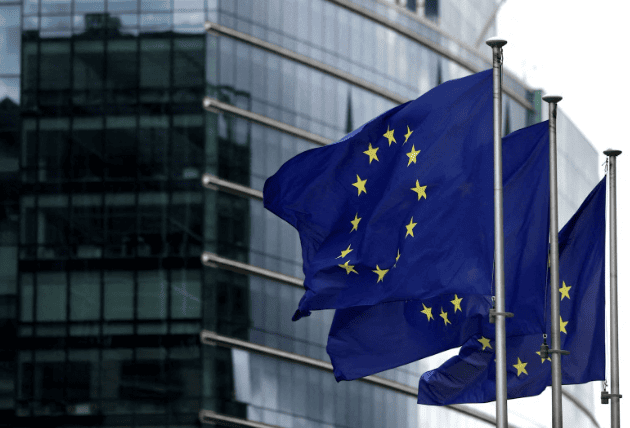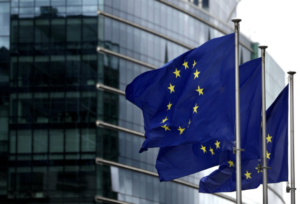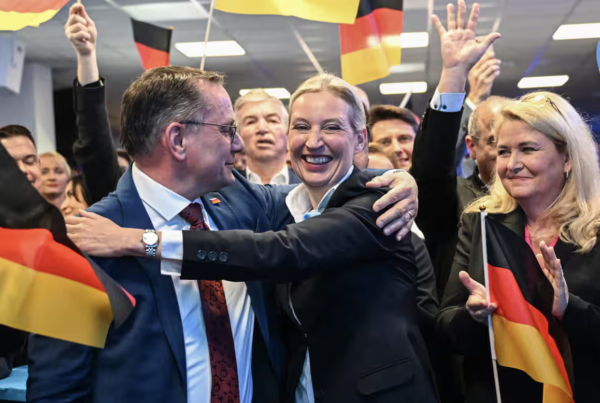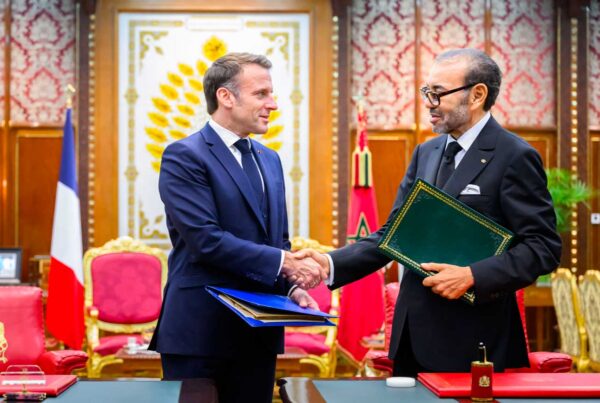“Who do I call if I want to speak to Europe?” This taunt may have never even been uttered by the man who it was attributed to, Henry Kissinger, but it speaks to a very real problem: the European Union’s relatively weak presence on the world stage. The EU has the potential to be a major actor in international affairs, but a lack of conviction and incentives, combined with undermining by the US and China, are holding the Union back.
The EU is often described as an economic superpower. It boasts the second biggest GDP in the world, at $17.8 trillion nominal or $25.4 trillion PPP. Moreover, it is a trade giant, on equal footing with China and the USA. In fact, it is the leading export market for 71 countries and the leading import market for 82 countries. Among its greatest economic powers is the EU’s ability to export its regulations to other countries, a phenomenon known as the “Brussels effect.” The EU has some of the most stringent regulations on quality and environmental protection in the world. As a result, any foreign company that wants to export to the EU will need to meet the EU’s standards, and, due to the EU’s importance in global trade, companies tend to converge their practices towards EU standards even when the company is not exporting its goods to the EU.
Yet, for all its economic might, the EU’s budget is ‘only’ €170 billion. For context, that is just €30 billion more than Poland’s domestic budget. While the EU’s budget is very useful, it is nowhere near enough to tackle some of the very real problems the Union is facing. Most of the internal issues the EU must tackle, such as underfunded public services, deindustrialisation and a lack of urban development, could in fact be solved by a bigger EU budget. The EU has effective tools, such as the Regional Development Fund or the Common Agricultural Policy, but without a greater financial commitment to them, it is impossible to solve the problems.
Furthermore, the US has pulled away markedly from the traditionally amicable financial relations that the two parties have historically had. The Inflation Reduction Act, a landmark bill by the Biden administration, includes protectionist measures on green technology. Due to its nature, it is a direct challenge to the EU’s green industry, unless it is able to respond with its own measures. Yet, the EU is unable to raise hundreds of billions of euros to fund the internal green industry, as the US has done. This is because, despite being a comparable economic actor in size, it lacks the financial tools and capabilities. Neither the US, with its reshoring policies, nor China, with its unfair trade practices, have shown real commitment to free trade. If the EU is the only one practising free trade, it is bound to get left behind. An upgraded EU budget should be put in place to incentivise greater growth and protect domestic industries.
The EU’s problems are not, however, limited to economic matters. Perhaps the EU’s most pressing issues are security and defence. The Russian invasion of Ukraine, combined with its threats to other states such as Finland and Estonia, is increasingly worrying the EU. At the moment, the Union only has a small, weak and fragmented military body, founded by the Common Security and Defense Policy, which functions mostly to coordinate national military exercises. It also lacks a real mutual defence clause, meaning that there is no obligation for other member states to militarily defend an attacked member.
The reason for this military complacency was born out of World War Two. After the horrors of war across the continent, Western Europe accepted the protection of the US through its membership in NATO. This was convenient for both: the US had a stable sphere of influence during the Cold War, while European countries could focus on Keynesian spending rather than funding their militaries. Even the countries that did develop nuclear weapons, France and the UK, did not participate in the USA-USSR nuclear arms race and were relatively more wary of intervening militarily abroad. The US nuclear umbrella, partnered with nuclear warheads stationed in Italy, Germany, Belgium and the Netherlands, guaranteed safety. The assurance of the US’s NATO protection was enough to keep everyone happy for about 70 years.
However, just as it did for economics and trade, the world has moved on from its optimistic liberal consensus. Countries are increasingly realistic in their approach to security. In the US, this has been embodied by Donald Trump. Throughout his presidency, he undermined trust among NATO member states and has continued to do so since leaving office. This culminated with his recent claim that he told an EU head of state that he would “not protect [NATO member states which do not reach the defence spending requirements], in fact [he] would encourage them [Russia] to do whatever they want.” This stunning rebuke of NATO’s fundamental collective assistance, as per Article 5 of its founding treaty, by the potential future president sparked anger and concern among NATO members.
Fundamentally, the fate of the EU’s 448 million people should not be put in the hands of a US president who can abandon them on a whim. The EU needs to move towards developing its own defence capabilities to prepare for the potential of a post-NATO world. This organisation should pool together at least a significant part of the military resources of member states, including joint exercises and EU bases. The organ should be based on a treaty with a true mutual defence clause, unlike the vague current one. Furthermore, an EU defence organisation should be under the nuclear umbrella of its only nuclear-armed member: France. This nuclear potential is less impressive than the Russian or US one, but, for practical purposes, any nuclear capacity can act as a deterrent.
There is a myriad of other issues, from EU enlargement to institutional reform, that the EU needs to tackle, but none of them are as pressing as the issues of economic competition and defence. The EU needs to adapt to a changed economic reality, where free trade is not the sole driver of economic growth. It needs to implement policies to incentivise industrial reshoring and job creation. Moreover, it can no longer rely on the support of the US alone for its defence. The EU should develop its own substantial defence organisation with guarantees of mutual assistance and a nuclear deterrent, to avoid being at the mercy of the US. The EU has all that it takes to become a major player on the international stage, so when will it begin taking itself seriously?
Other posts that may interest you:
- The Trouble with ‘Ecocide’
- Carbon dioxide removal – hit or miss?
- Local Victories for Turkish Opposition — A Sign of Hope?
- Are France and Japan a Mismatch Made in Heaven?
- A Reflection on Dark Tourism
Discover more from The Sundial Press
Subscribe to get the latest posts sent to your email.






